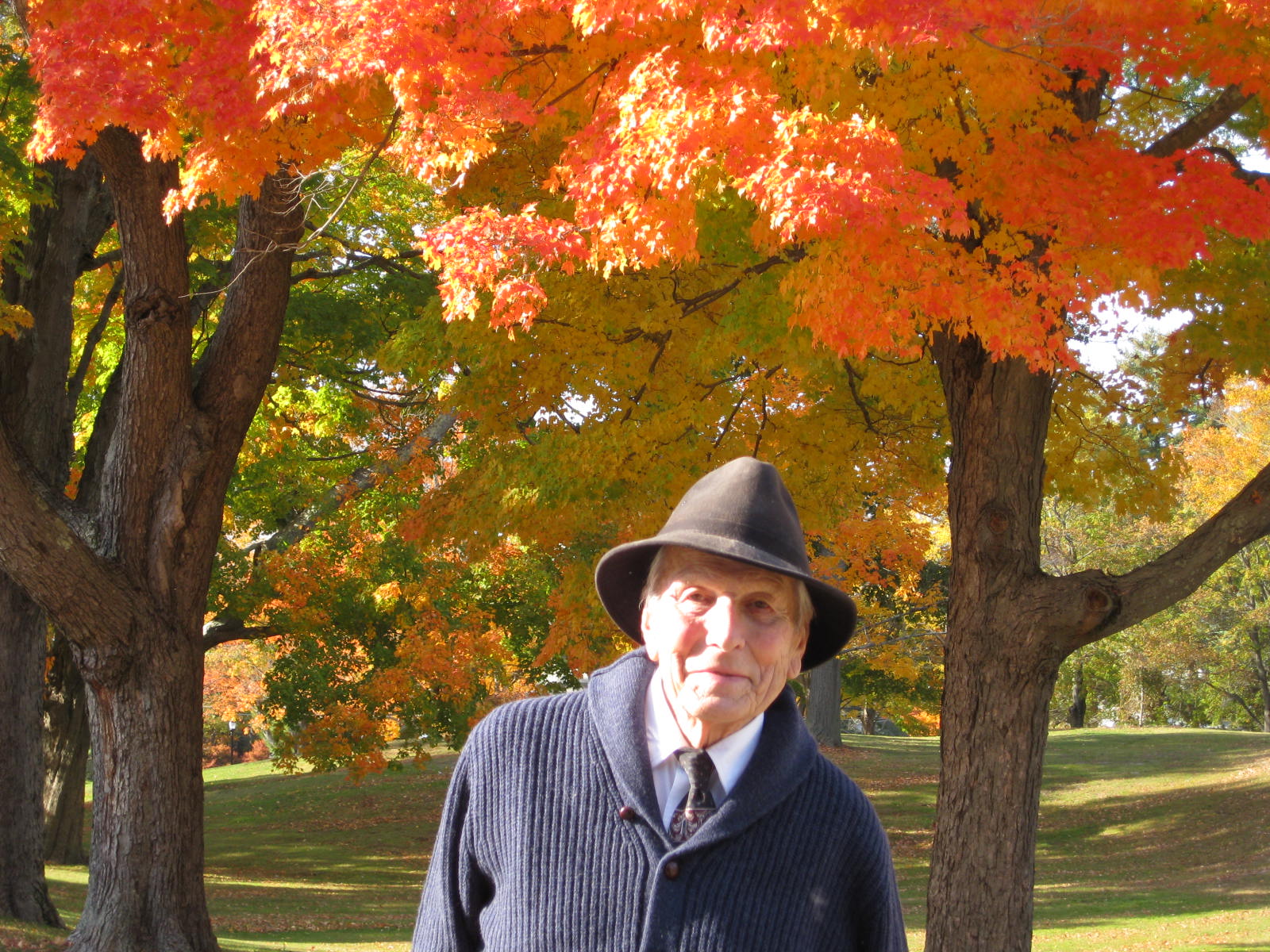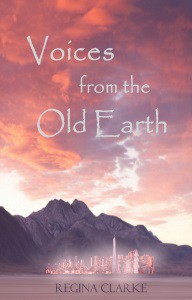My Dad passed away on June 30, 2010 between 8 and 9 P.M. He was a scholar, a salesman, a raconteur, and a man with a deep enthusiasm for life, and for the unknown. He read Shakespeare aloud happily (and well), became an expert in antique prints in his retirement, and he lived with great heart. Dad was also sentimental about things, a fact not everyone appreciated or valued. He had an immense curiosity and welcomed technology in the 50s and 60s…though not so much later on. But we were the first to own a television set, and the first to have an advanced tape recorder, a two-reeler the size of a large suitcase in 1957. He was a believer in exploring things and didn’t settle for the status quo when it came to subjects arcane to his friends, like UFOs and past lives. I remember hearing about Bridey Murphy around the supper table. Dad introduced me to Edgar Cayce when I was 12, beginning my lifelong admiration for that amazing and beautiful American prophet. Dad also introduced me to poetry and literature and classical music. I remember playing his 45 rpms while I did my homework in the sixth grade–Rachmaninoff’s Rhapsody on a Theme of Paganini, Chopin’s Nocturnes, the Meditation from Thais, Enrico Caruso, Schubert’s Unfinished Symphony, Tchaikovsky’s Swan Lake, the William Tell Overture, Gypsy Airs, and more. He bought me a record by Bill Haley and the Comets, a concession on his part to the era. I learned to love that music later on, but at the time, Dad’s other gift of Rimsky-Korsakov’s Sheherazade meant more.
The last year of his life Dad spent in a nursing home as Alzheimer’s made its way through his brain. A desperate disease that brings us to our knees in witnessing what it can do to someone we love. But there was another side, something I knew every time I visited, for seeing Dad I knew he had chosen this path, and whatever reason he had, it was his path to take, and it was sacred, then. And each time I left I felt as if I had been on holy ground, for there was no question his soul was close to God in the midst of this affliction.
Dad was buried in a military ceremony on Tuesday, July 6, 2010. The place is a reservation for veterans showing just plaques in the ground, shown in one of the photos here. You couldn’t bring flowers. I wish we honored our soldiers another way–maybe by not sending them to war in the first place. The location where Dad is now is pretty far away from where his parents and sisters and brother lie, almost a hundred miles north. I’d always imagined him with them, in Malden, MA or Everett, MA. But he is in Bourne, far to the south. In the photos, Forestdale is where his mother and father were buried, Salvation Army officers who began their married life and service in Gainsborough, Lincolnshire, England in 1905. His sister Mabel and brother Horace, both born in Gainsborough, were interred in Woodlawn Cemetery. Dad’s sister Muriel was buried in North Carolina. He had another sister, Maisy, who died in Malden when Dad was ten, and Maisy was 7. How did they survive that loss, that small immigrant family?
I have thoughts and memories of my father I want to write down. I don’t know if they belong here. I’ll see. But he gave me many gifts.
One late summer evening a few years ago, before the nursing home, I arrived to find him at home sitting on a folding chair that he’d placed against the wall of a neighbor’s house. He was watering his side lawn with a spray hose while he sat in the chair, wearing the straw hat he did love, patched as it was. I sat beside him and we talked a while. The light was that last pearl light before dusk. The birds had been going on a great rate. Then Dad looked up at the sky. I asked him if he wanted to go in, and he said he was waiting. I said waiting for what. And he answered that every night if the weather held he’d sit there and listen to the birds as they got ready for the approaching night and sleep. He’d stay until he heard the very last bird call out, and then he’d go in.



